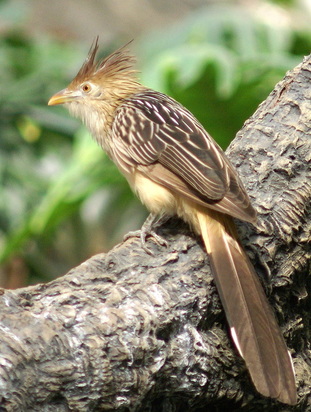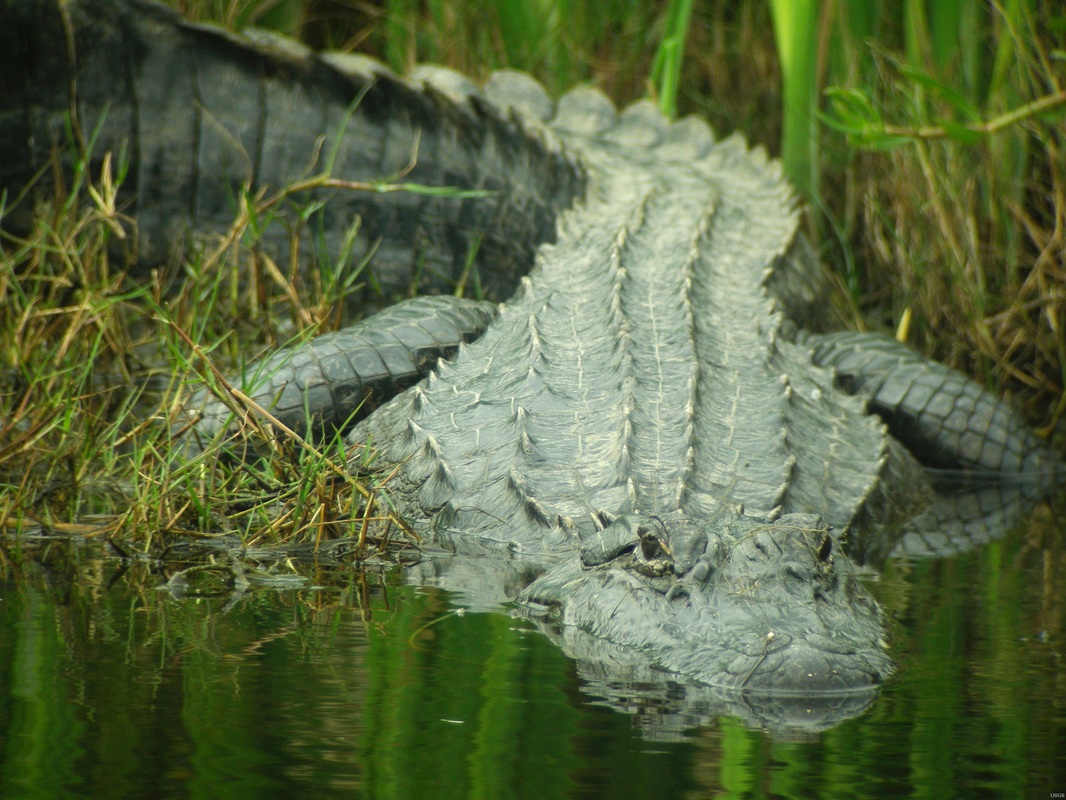0 Comments
A recent study from scientists with the United States Geological Survey shows that Alligator populations in parts of the Everglades struggle during dry years. When water levels fall, it becomes increasingly difficult for them to move around and hunt, and may interfere with other critical behaviors like mating and nesting (and even lead to fighting and cannibalism as they compete for scarce resources).
The authors analyzed ten years of night spotlight counts of Alligators in the marshes and canals of Loxahatchee National Wildlife Refuge and found declines in population proportional to the severity of drying events. Alligators are mostly a success story for South Florida, with populations continuing to recover, but stabilizing water flow is an important factor in successfully restoring the health and ecological function of the Everglades and protecting the species that rely on it. Field School loves Alligators and the Everglades, so if you want to learn more you can read our posts about Everglades seasons or historical and cultural representations of Alligators. You can also read the paper itself, the news release from USGS here, or dive in and learn about the Comprehensive Everglades Restoration Plan here. As you may remember from September, Catherine was a featured scientist for the Gills Club, a program of the Atlantic White Shark Conservancy that supports girls with an interest in marine science, and especially in sharks! In late October, we went over to Sarasota to speak to their monthly meeting. Catherine gave a short talk about shark tourism and how people perceive sharks, and answered some cool questions--like whether manta rays have stingers and can hurt you (nope!) and what all those sharks are doing off the coast of Florida these days (migrating seasonally to warmer water). We had a great time and met some amazing future scientists (and maybe a few future artists). Thanks to Mote Marine Laboratory and Gills Club for hosting us!
|
Field Notes
Archives
July 2021
Categories |
|
Partner with us! We are always looking for new schools, scientists, and non-profit organizations to partner with. Please contact us here to start a conversation.
Hear from us! Sign up for our newsletter to hear about what is happening at Field School as well as upcoming offers and specials. |



 RSS Feed
RSS Feed